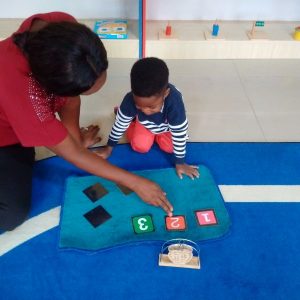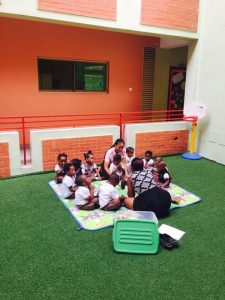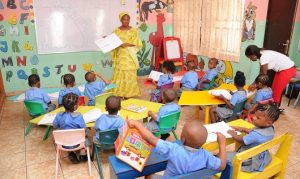Our previous post was on Child Centered Learning which is a method that breaks through many boundaries and focuses primarily on the process of learning. To effectively provide a pupil centered learning program the environment must be conducive. How then do you create a child centered environment?
Firstly understand that:
Every Child is Unique

Every teacher should try to understand the group he teaches. Talk to pupils as a group and individually. Find out their interests, the question should be “what makes the child tick?” Listen to them and get acquainted with their train of thought and impart these findings into your teachings.
Learn to understand and speak their language, be their friend.
A Classroom should be a Haven

The learning environment matters. Create an interactive classroom, make more lessons practical and hands-on. Children hardly forget what they perceive with more than one sense.

Your classroom should be a welcoming and optimistic environment one that encourages everyone to ask questions and voice opinions relating to matters on ground.

Desk and chairs should be arranged in such a manner that lets teacher and pupils interact effortlessly.
Absolute Control

Old fashioned methods of teaching gave the teacher absolute control of what when and how information was passed with the curriculum as a guide. However child centered learning moves the control or rather a substantial part of it to the pupils thereby engaging them more during lessons.
Keep them Reflecting

Use modes like open ended questions to keep students reflecting on lessons previously learnt in class.
Honor Passion

Show students that effort is almost as important as accomplishments. Celebrate their efforts and encourage them to keep trying.
Self-Evaluation
When evaluating yourself as a teacher just stop and ask “if pupils weren’t required to be in your class would they come?”
RELATED
Child Centered Learning: Now and the Future
How Important is a Welcoming School Ambience?
What Makes the Ideal Classroom

